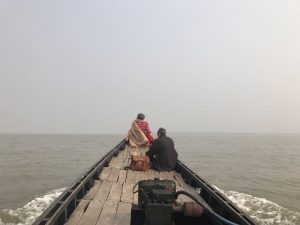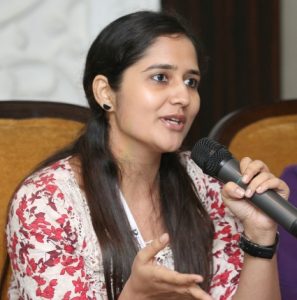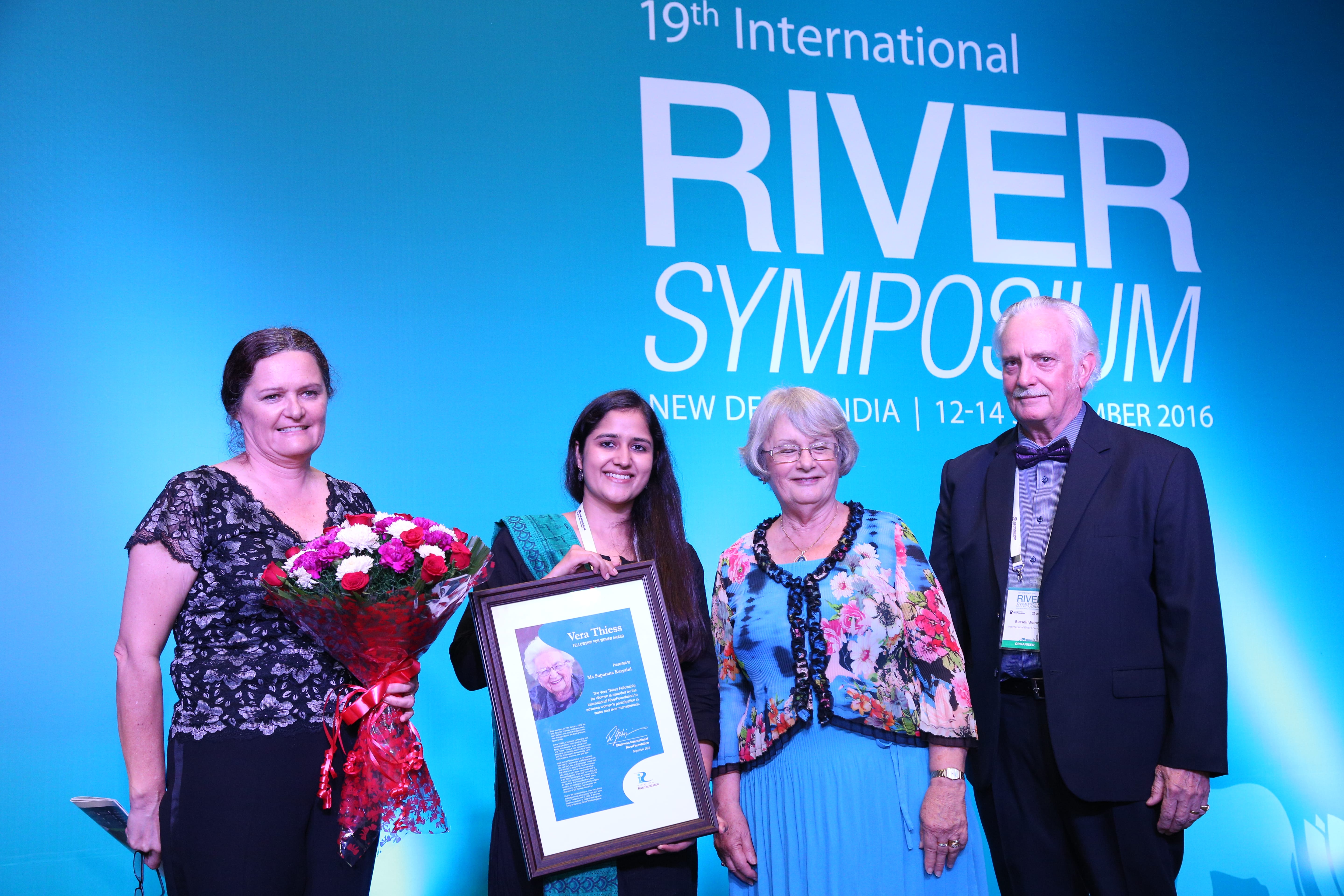
29 Mar Being bold for change: Women’s voices from the Brahmaputra River
The Brahmaputra River is one of the major rivers of Asia, a trans-boundary river originating in China (Yarlung Tsangpo) and flowing through India and Bangladesh, with a part of the basin lying in Bhutan. Through the International RiverFoundation’s Vera Thiess Fellowship for Women, I am examining the challenges and opportunities in mainstreaming ‘women’s voices’ in the governance and management of Brahmaputra River. Why? Because gender concerns are largely absent from frameworks on managing trans-boundary waters. Building discourses around women’s understanding on rivers enables gender sensitive decision-making and leads to concerted action.

Women from Brahmaputra River Basin taking a lead. Image credit: Mr. Mirza Zulfiqur Rahman, Research Scholar, Indian Institute of Technology Guwahati
My research interest took me to Assam, in North-East India. It is interesting to note that there is a gendered perspective on rivers in India which is a reflection of religious and cultural dimensions. This is evident in the name of rivers, for instance, ‘Brahmaputra’ is named after ‘Son of Lord Brahma’ and is regarded as the only ‘male’ river in India while all the other major rivers carry female names. This could be attributed to the fact that Brahmaputra is the largest river in the country; it is also referred to as the mighty Brahmaputra.
During my interactions with the riparian communities living on the banks of Brahmaputra, floods emerged as synonymous to the River. The communities emphasized that ‘living with Brahmaputra connotes living with floods’. Therefore, my research emphasizes women’s voices in the context of adaptation to floods and managing floods, which are important dimensions of river governance and management.
To help understand the differences in women’s voices in the presence and absence of men, I held focus group discussions with an all women group, and a mixed group. During these discussions, I noticed that:
- women were hesitant to express their views and share their experiences in a mixed group
- some of the men in the mixed group left when women were expressing their views (perhaps because they do not consider it important to listen to women’s views)
- men spoke about the need for modern infrastructure and technology
- women attached value to traditional knowledge, which they pass on from generation to generation by sharing it with their daughters.
- the focus of mixed group was broader, with emphasis on flood control through structural measures, development, poverty resulting from lack of land ownership and high rates of migration among men, and
- the focus of the women’s group discussed the domestic concerns of preparing for floods such as food storage, sanitation and hygiene, and better governance.
Women expressed their frustration at the lack of opportunity to contribute to the management of the Brahmaputra, attributing this to the perceived low relevance of traditional knowledge, and low levels of female education which may build their capability to analyze and articulate their concerns effectively. This resonates with Prof. Amartya Sen’s thoughts on ‘participatory freedom’ in Development as Freedom where he emphasizes that participation requires knowledge and basic educational skills, and denying the opportunity to acquire education limits an individual’s participatory freedom. Further a lack of space to share their experiential learning acts as a barrier in making a change.
A sense of frustration and impatience could be seen as the women felt powerless to make a change for the better. The theme of the recent International Women’s Day in 2017 was ‘Be Bold for Change’. I hope my research will provide a space for women to share their crucial indigenous knowledge, and find courage to bring about social change and enhance resilience to floods in the mighty Brahmaputra.

Suparana Katyaini is the recipient of the inaugural Vera Thiess Fellowship for Women.







Sorry, the comment form is closed at this time.